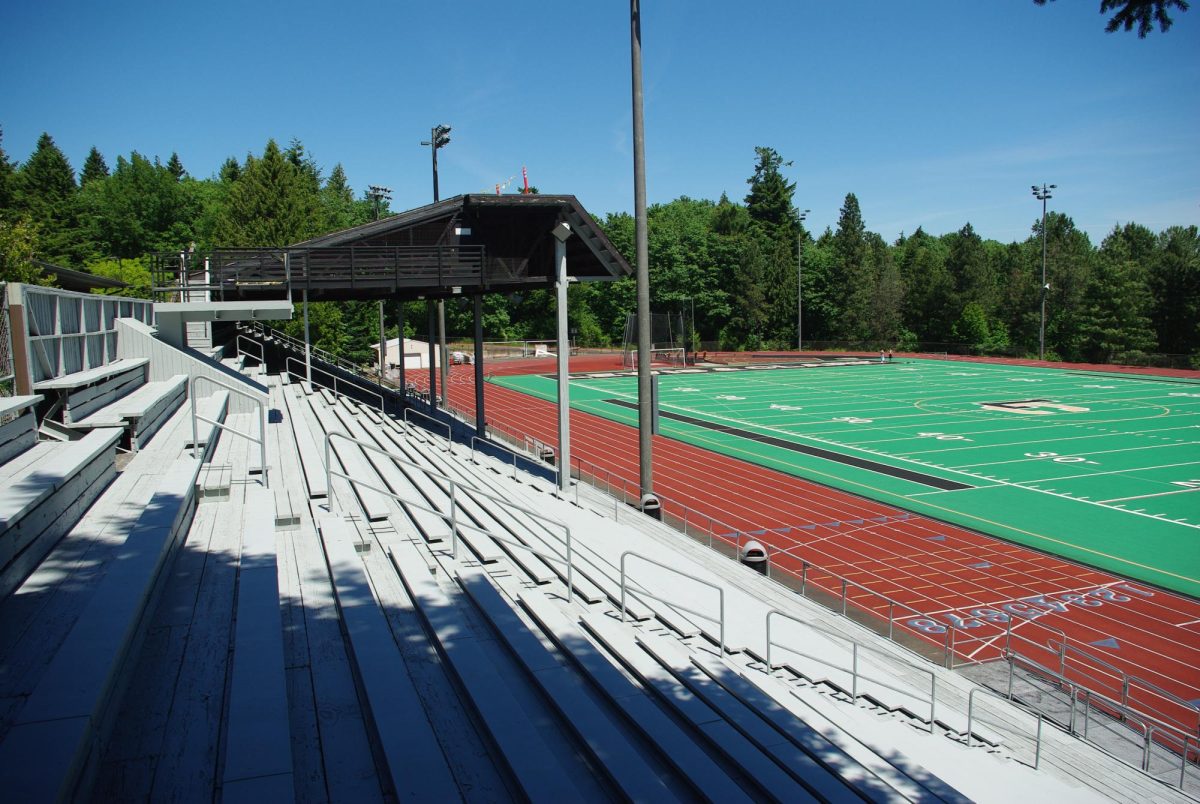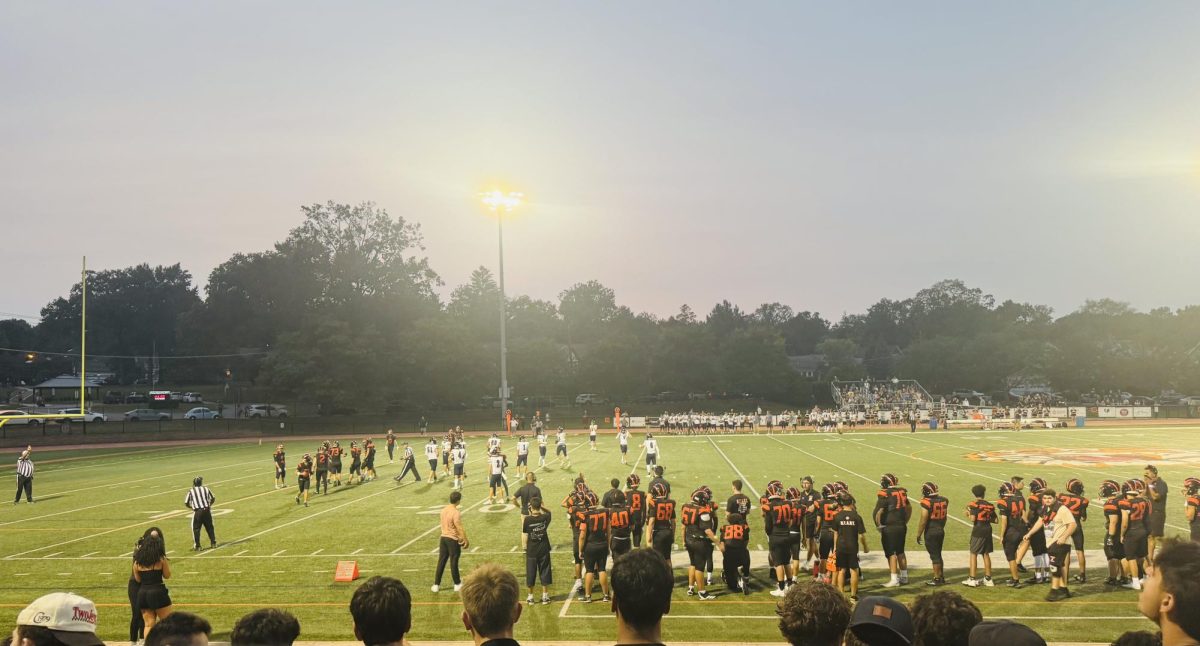Over the last year or so, New Jersey school administrators with the New Jersey State Interscholastic Athletic Association (NJSIAA), including Tenafly’s own Mr. Joe Carollo, met to discuss, among other issues, spectator behavior at sporting events. Behavior at sports events has been increasingly poor in recent years, which was the main point of discussion. It was ultimately decided that a Spectator Code of Conduct would be adopted to regulate this behavior. The policy, which would be announced at all interscholastic sports events, mandates that spectators manage their behavior during games. Striking other attendees, using loud or offensive language, or performing vulgar gestures are all examples of actions that could warrant disciplinary action against the offender.
Spectator etiquette at sports events has deteriorated over the years. While the severity of behavior varies throughout schools, the same sentiment is shared between all Jersey athletic directors; there must be a standard that all schools need to enforce for participants at school events.
“As athletic directors, we were finding we were spending more time dealing with the crowd than we were supporting our students who were on the field,” Athletic Director Joe Carollo said. “Granted, that’s part of the job, but you don’t want that to be the only part of the job.”
The athletic directors came together to brainstorm recommendations for a code of conduct. They also took in ideas from the state. Finally, a meeting was held with superintendents from all around the state and the Spectator Code of Conduct was created.
The code will be announced before the start of games, and it lists prohibited activities; harassing or striking sports staff or participants, entering the field, and using profanity or noisemakers during a game. If students violate the code, they will be removed from the premises and possibly suspended from attending future events.
Some students may not have ill intentions when they are outspoken at games. Many simply want to show support for the school and make lighthearted comments about their friends who are on the competing team. However, even simply calling out your friend’s team number can be disruptive and disrespectful to the staff and athletes at the game.
“These are great problems for us,” Carollo said. “But you still have to make sure, like anything else, failure to plan, right? To be safe.”
By the second game of the season on September 13, Friday, it was clear that the new policy had taken effect. While there were some faults, the overall atmosphere was positive and students showed high energy and school spirit. However, Carollo understands some students may need extra reinforcement.
“They’re high school kids,” he said. “Are they gonna cross a line every once in a while? Yes. Having this [policy] in place helps them to understand what their consequences are.”
Ultimately, all students, staff and athletes have the shared goal of having fun and enjoying sporting events without trouble. Administrators hope that the new Spectator Code of Conduct will direct attendees to better behavior at events and allow everyone to continue enjoying the experience.













































































































































